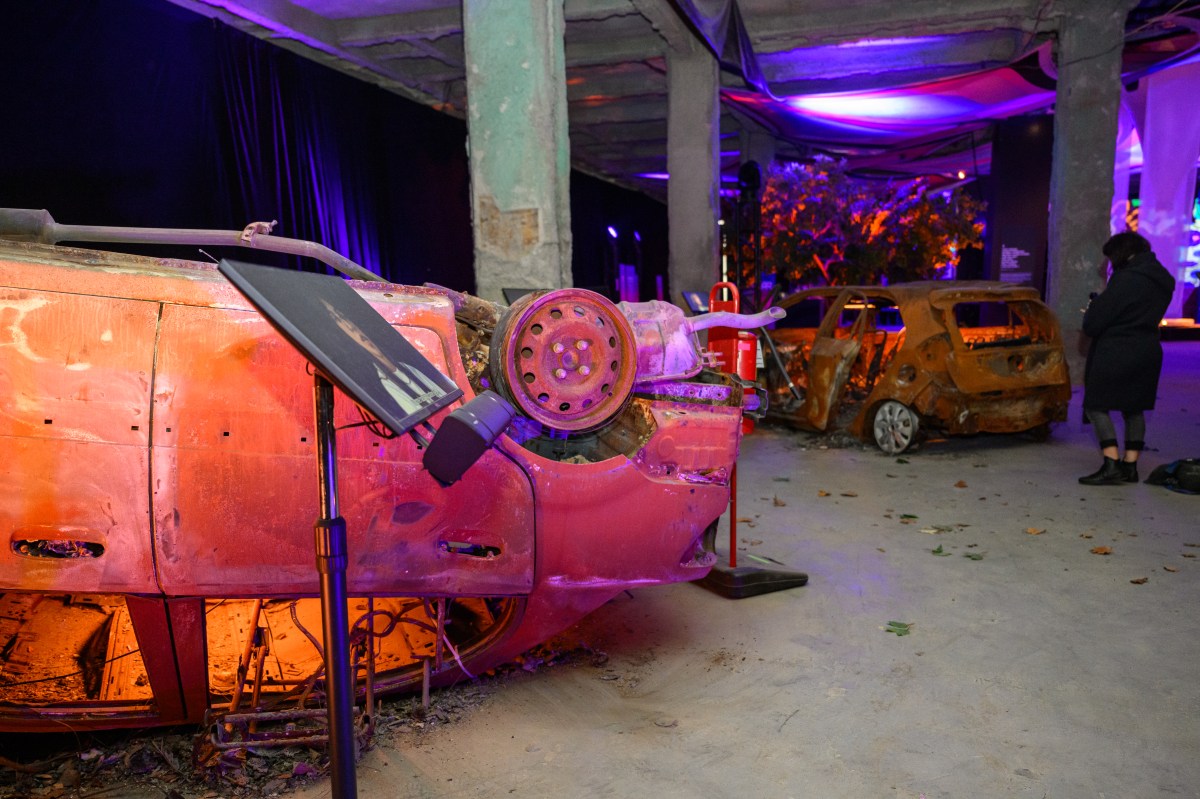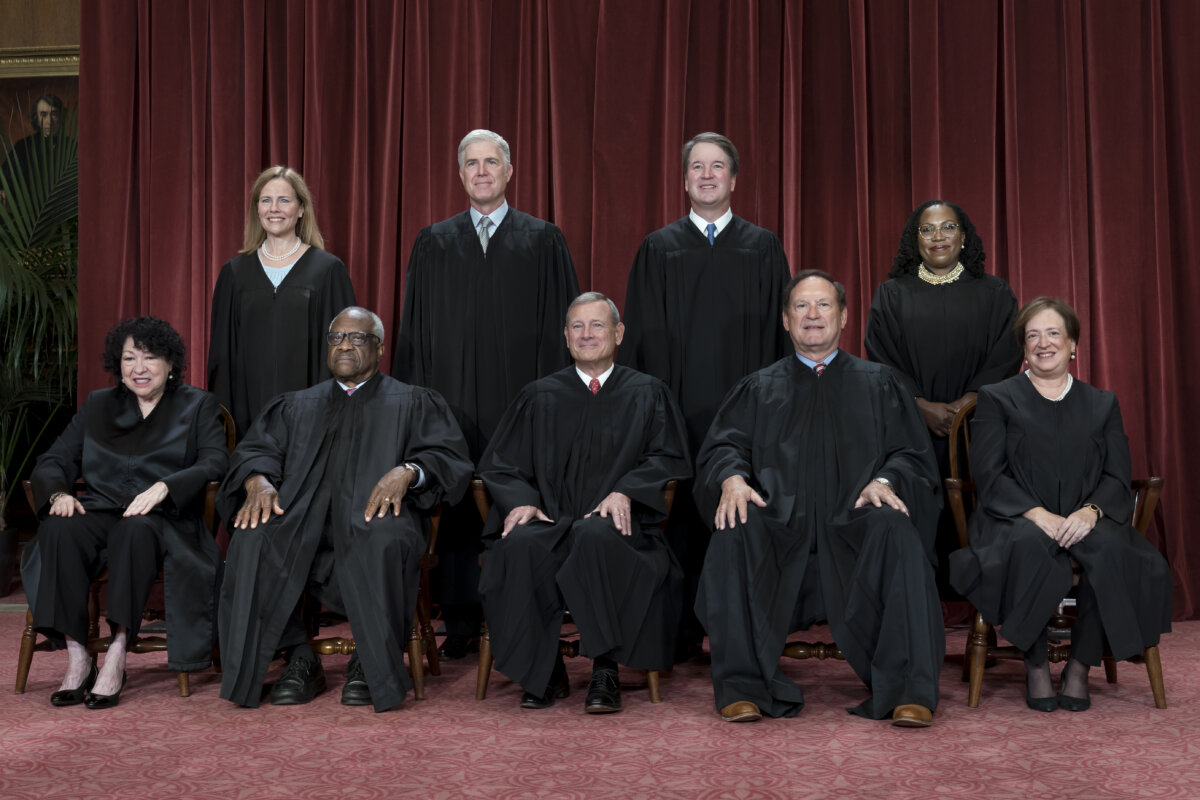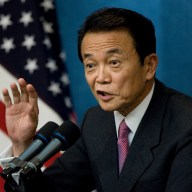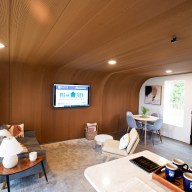By Elizabeth Barber
BOSTON (Reuters) – One young senator had to be prodded out of a nap. A Republican congresswoman alleged that Democrats must “enjoy spending money.” There was talk of a filibuster. This could have been the U.S. Senate, were it not for one thing: it went on to pass a massive immigration-reform bill this week.
“We compromised,” said Tacora Mcneil Davis, a high school student playing a Republican Senator in a mock legislative session at Boston’s Edward M. Kennedy Institute for the United States Senate. “We got everything we want, and we have the Democrats’ support,” said the 17-year-old. “It should pass.”
Opened in March, the institute was imagined by the late Democrat, who died in 2009, as a place that could rekindle lost respect for a stalled Senate.
The institute is not the first named for a U.S. Senator: The University of Louisville in Kentucky is home to the McConnell Center, affiliated with U.S. Senate Majority Leader Mitch McConnell while the University of Connecticut hosts a Thomas J. Dodd Research Center, named for the late Senator who also served as a prosecutor in the Nuremberg trials after World War II. But unlike those highly academic institutions, the Kennedy Institute also hosts the only full-scale replica of the U.S. Senate chamber, where school groups might be awed not only by the grandeur of the room, but by the potential of the people inside it to chart the nation’s future. Kennedy, part of one of the nation’s most storied political dynasties, is widely remembered for approaching legislation with a willingness to compromise despite his liberal passions.
“Senator Kennedy was clear that he didn’t want it to be a monument to himself but to the 2,000-plus people who have served in the U.S. Senate since the beginning,” said Jean McCormack, who serves as the institute’s president. “He felt there was something about the place, coming to the place and being on the floor that calls to your better self, so he wanted that to happen.” The institute hosts tablet-assisted simulations for the public and school groups to try out governing, assigning visitors political parties, walking them through subcommittees, and dispatching them to come up with a bill that satisfies not just their priorities, but those of their colleagues. Seated at their desks this week, the class of teen students from Boston’s City on a Hill Charter Public School looked little like the institution that convenes in Washington, D.C. About two-thirds of them were eligible for free lunch, and most of the class was Hispanic or African-American. They also went on to behave less like the gridlocked Senate of today and more like the productive body envisioned by the institution on the Boston waterfront. Across a narrow drive is the John F. Kennedy Presidential Library, which holds the records of the late Senator’s brother, the 35th U.S. President who was slain in 1963. The students’ mock bill passed with bipartisan support (32-17), though the compromise meant a bill that Matt Wilding, who produces the institute’s education programs, described as the most conservative the institute has seen in its three-month history. Under it, the U.S. government would accelerate its efforts to deport undocumented immigrants and deny them any path to citizenship. (Editing by Scott Malone and David Gregorio)


















